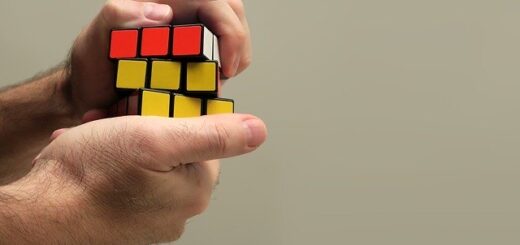To Procrastinate is human
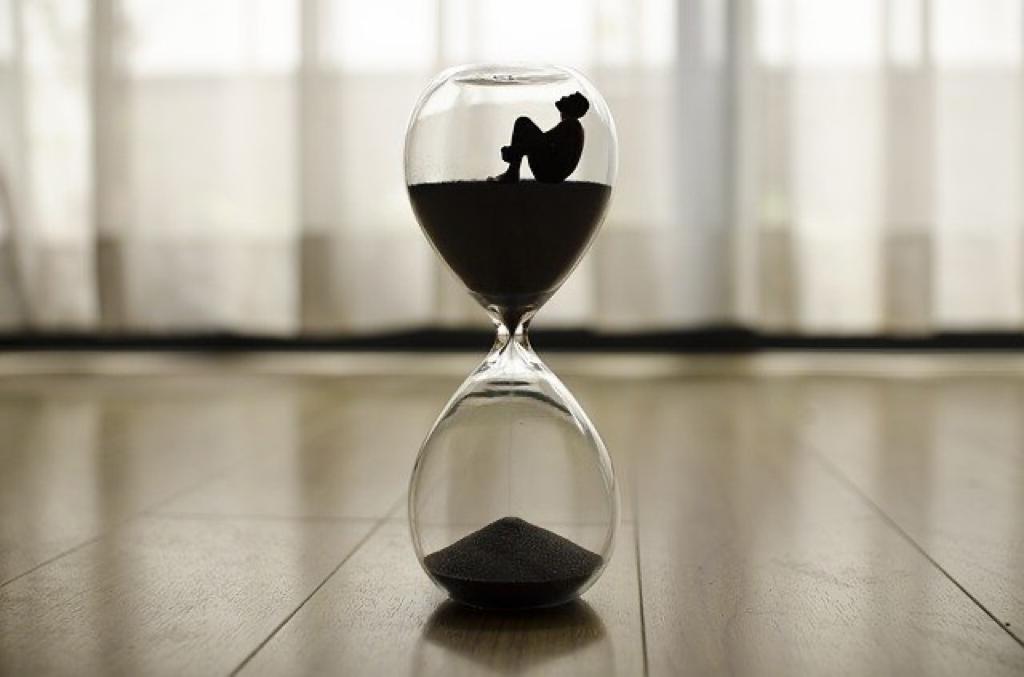
A new year without a few resolutions would appear relatively incomplete. We promise ourselves to exercise regularly, watch our diet, spend money more wisely, stay on top of things, meet deadlines and so forth.
However, humans are plagued by the tendency to procrastinate and live by the saying (Mark Twain?) Never put off till tomorrow, what you can do the day after tomorrow.
New beginnings vouch for new promises
A new year with resolutions, students commencing a new academic year with a bang, employees joining a new job with the commitment to save more! These self-declarations need not always coincide with the new beginnings. Humans perpetually promise to their future self to become more in control, to become more disciplined.
You believe you will eventually do what’s best for you in all other parts of your life but rarely do.
Keep falling for temptations
Why can’t we put away that tempting dessert? Why can’t one delay some purchases until they can afford them? From binge-watching to binge eating to frenzied shopping, we all fall victims of instant gratification, victims of explosive consumerism.
Religiously, we put away the hardest things like exercise, investing for a secure future, following a healthy lifestyle, dentist appointments, or any medical appointments until it seems severe.
What is procrastination?
Giving up on our long term goals for immediate gratification is procrastination.
Procrastination is from the Latin word, pro, meaning for; and cras, meaning tomorrow or it means, deferred till the morning.
When in the steady-state of mind, we promise ourselves to be more disciplined and in control of things. Fleeting impulses deflect us from our long term goals. The emotional lava flow would sweep us away to the shores of procrastination.
A tomorrow that never happens
Procrastination manifests itself within every aspect of your life. You put off seeing the dentist, and you wait till the last minute for filing your taxes, you defer deadlines for assignment, proposal or writings.
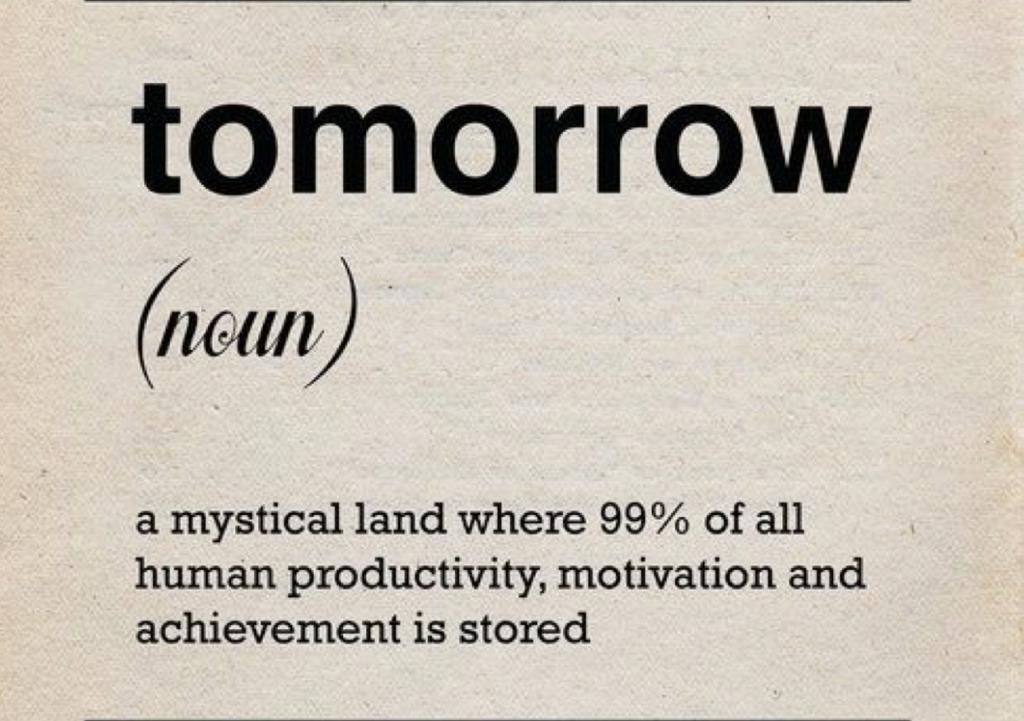
You keep reassuring yourself that you’ll get around it, you’ll start tomorrow, you have done it before. Or in a frenzy, you buy a daily planner or download a to-do list application in your phone, devices that can make life easier.
The slips become more frequent, you start again and again, on the slippery slope towards procrastination
Human Nature
Procrastination is such a pervasive element of human nature that people have built their businesses around the topic, selling books, podcasts and YouTube channels, exclusively guiding you to get out of this predicament.
Time inconsistent preferences
People would prefer to have a burger presently, but plan for having healthy salads in the future.
When you are making plans, (plans, per se, are always the best case scenarios) you plan for the healthy and logical choices, but at the moment you yield for temptation. Sometimes known as present bias, what you want now isn’t the same thing you will wish later, and you will change over time.
Present bias explains why you buy all that workout DVDs, gadgets and gym wear to store them in the attic later.
Marshmallow study
The famous Marshmallow study conducted by Walter Mischel at Stanford University through the late 1960s and early 1970s, on children, about their ability to withstand or not to the temptation of instant gratification, is discussed as the standard test among the psychologists and behavioural economists.
It is funny to discover how the children tried to overcome the temptation by closing their eyes or looking away from the tempting marshmallows.
The same children were followed up decades later. The kids who resisted the temptation were found to have achieved better SAT scores with satisfactory accomplishments in their lives.
The detailed version of this study is available in print and on various online platforms.
Procrastination is a hyperbolic discounting
Faced with two possible rewards, you are more likely to take the one that you can enjoy now over one you enjoy later-even if the later reward is logically worth.
The tendency to get more rational when you are forced to wait is called hyperbolic discounting because your dismissal of better results later diminishes over time and makes a nice slope on a graph.
A deeply rooted tradition
The comforting evidence about instant gratification is that you can’t wholly blame yourself for this kind of behaviour.
As per the evolutionary biologists, our ancestors have to think and go about for sure things now. They didn’t have to worry about retirement plans, diseases happening later in their lives, adhering to healthy lifestyles or any deadlines.
Maybe the brain did not evolve for the better things in the future but was concerned mostly with the current issues.
Human’s primal predilection for pleasure and novelty can never be removed entirely from the soul.
Now you VS future you
The tussle is between the current you being tempted by the chocolate mousse or a list of movies to watch from, with a future logical and reasonable you working under idealistic conditions.
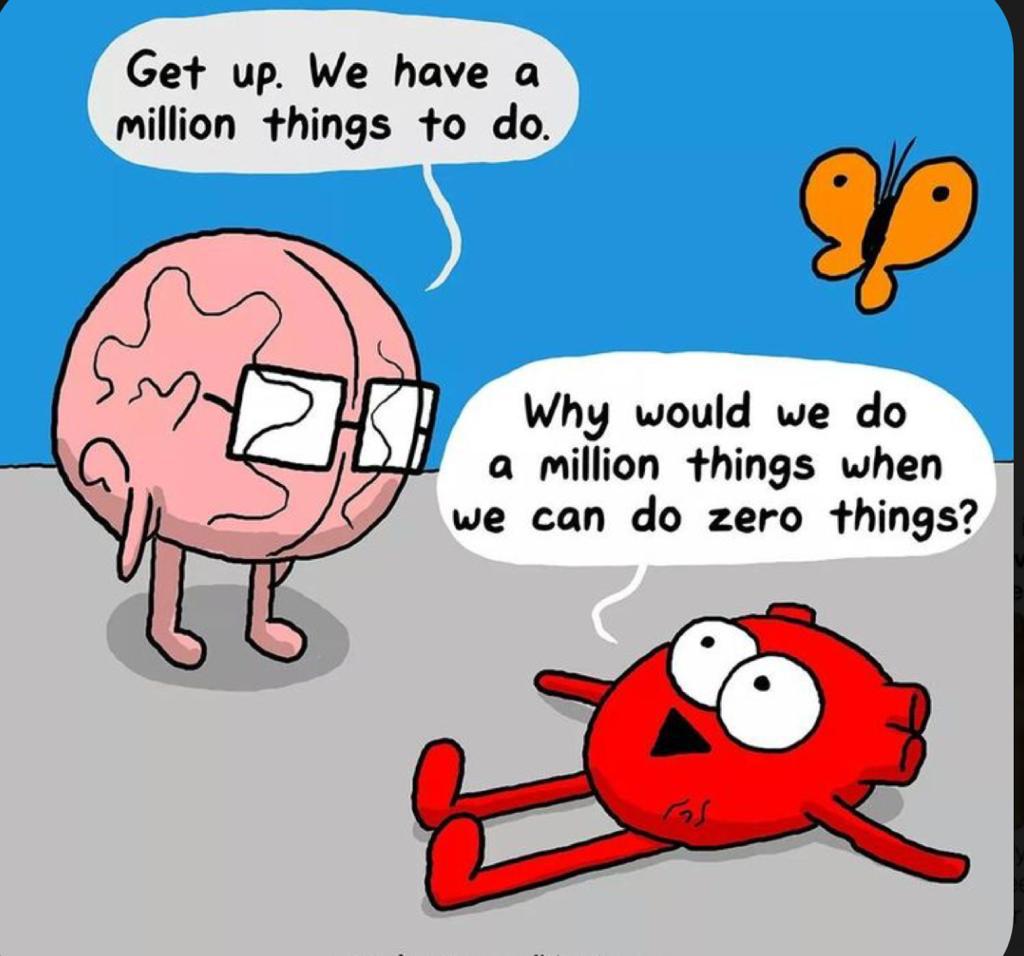
You overcommit to future plans and run out of time to get things done because you visualise the future as a fantasy realm with unlimited time and possibilities.
Freedom or authoritarian approach
Acclaimed author and behavioural economist Dan Ariely conducted a study in 2002, to recognise how students dealt with deadlines.
He chose a class with three assignment papers to be completed before the end of the semester. The students in three sets were given three different choices.
Students in group A were given complete flexibility and freedom in choosing their individual deadlines. They had the choice of submitting, at any time, till the end of the semester.
Whereas, he gave group B the freedom to pick three spaced different deadlines and stick to them. Some flexibility by providing the freedom to set the deadlines by themselves.
Third group C had no choice, but dictatorial instructions (as a paternal order) to turn in the paper at the end of 4th, 8th and 12th week. No freedom no flexibility.
Who fared better
Better grades went to C, followed by B. Group A with complete freedom performed lowest. Students do procrastinate, and restricted freedom is the best cure for it.
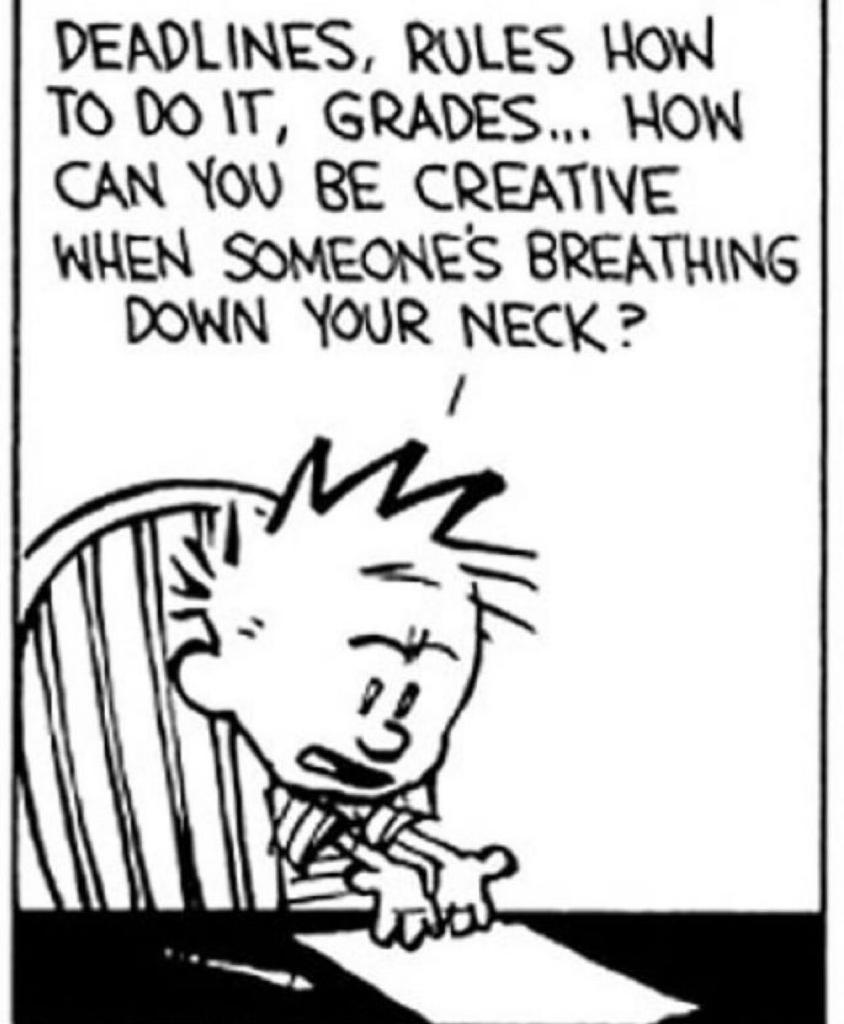
We live at a time when people talk about complete freedom over orders.
There are some circumstances, where following the guidance would do more good than harm.
Self control
Resisting temptation and instilling self-control is the ultimate goal, but the struggle for control is pervasive. Almost everyone has problems with procrastination, related to immediate and delayed gratification-no doubt about it.
Acknowledge and act
Those who recognise and admit their weaknesses are in a better position to utilise the available tools for pre-commitment and by doing so help themselves to overcome it.
One of Dan Ariely’s absurd proposal is recommended for the incorrigible shopaholics. The ice glass method or keeping their credit cards in the ice glasses. While making mindless purchases, it would take time for the ice to melt, and who knows, by that time, the compulsion to shop might as well melt away.
Overcome or yield
Through pre-commitment, dictatorial solution, or trying various procrastination busters, either you could overcome the tendency to procrastinate, or as the poet Oscar Wilde remarked, The only way to get rid of temptation is to yield to it.
You have a choice!

